Do’s & Don’ts
- When sleeping, use a pillow that supports your head, neck and shoulder so that your cervical spine is fully supported. This will prevent neck pain and stiffness early in the morning.
- Squat down to lift objects from the ground. Use your hip, thigh and legs to lift heavy weight so that your lower back is not compromised and prevent injuries.
- Stand up and walk for 8-10 minutes after sitting down for 30 minutes at a stretch.
- Work on your core, glutes (hips) and obliques to strengthen your back muscles and prevent injuries to your spine for a longer time.
- If you are traveling with a weak back or neck and experiencing mild pain/discomfort, then use lower back belts or neck collars that help your back muscles keep the spine upright. It helps in immobilizing your spine to a certain extent that can prevent further injuries.
Note: Do not make wearing a belt a regular habit, instead work on your core muscles. The relief and support that the belt provides is temporary, whereas if done properly and regularly, exercises can give a permanent solution. Check with an accredited physiotherapist on the specific protocols for strengthening of neck and back muscles.
- Do not sit for long hours. When sitting, sit up with your back straight.
Tip: When your back starts to slouch then stand and walk around for 10 minutes before sitting again. Try not to sit for more than 30 minutes at a stretch. - Do not work in half bent positions and if you must stand for longer hours, then keep a foot support that can help you shift your body weight from time to time.
- Travelers: Do not go for an adventurous trip that entails heavy physical activity without prior training. Train for at least 4-6 weeks before going on a physically demanding weekend/vacation, e.g. those involving hiking, trekking, climbing and other such activities.
- Fitness enthusiasts: If you are trying to lose weight then include a good workout routine along with diet control, so that you do not lose a lot of muscle mass, which eventually can put pressure on your spinal joints.
- Do not stretch, massage or try any exercise when experiencing back of neck pain. Complete bed rest or restricted mobility is the safest way to prevent aggravation of the injury. Speak to your physician for first aid and then seek a specialist opinion if pain persists. Cold and hot packs are usually safe as relief measures but check with your doctor when to use which modality.
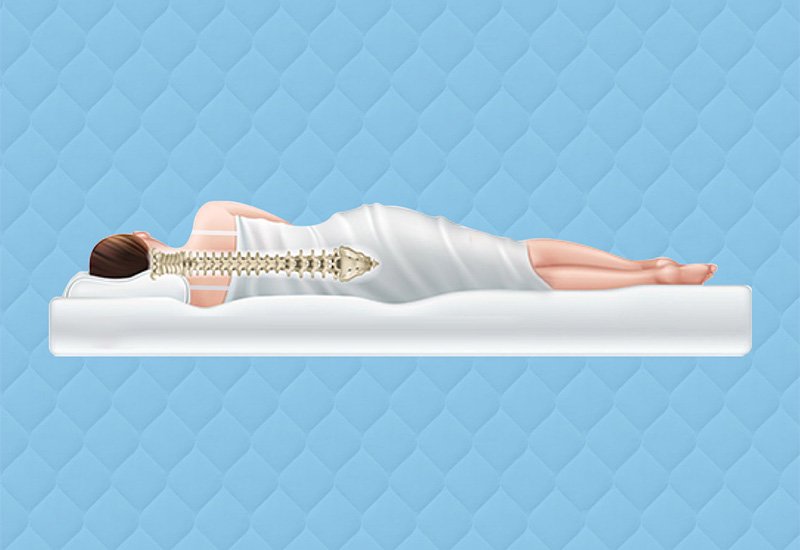
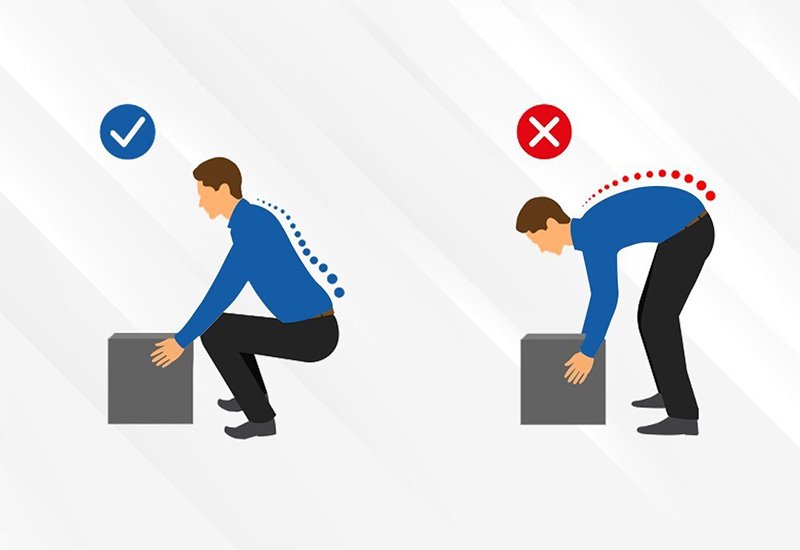
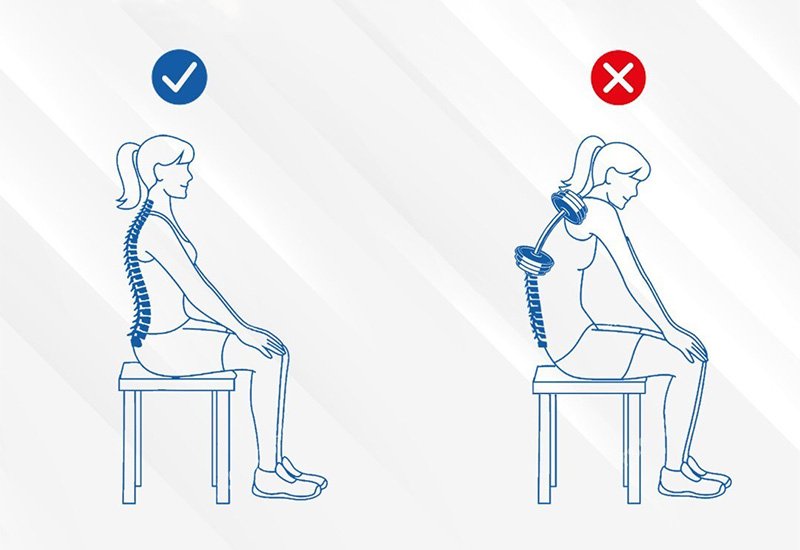
Meet Our Doctors
Patient Information
Conditions
Treatments
Preventive Care
Our Approach
At The We are spine we offer the most advanced and
effective bespoke treatment packages to suit your needs
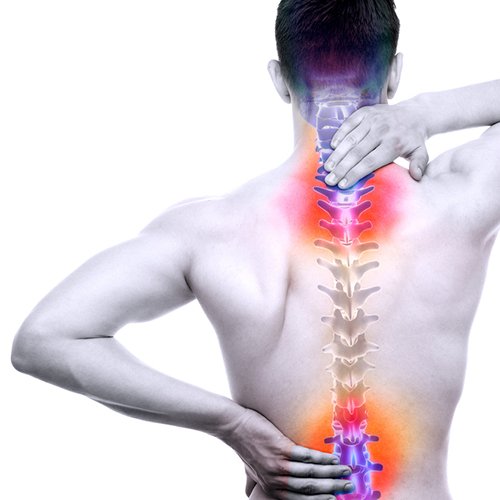
Assessment
For effective pain treatment, it is imperative to diagnose the underlying condition.
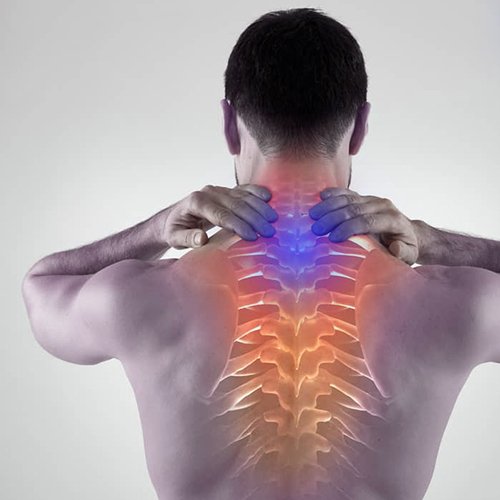
Surgery
We advise surgical intervention only when the risk of surgery is far lower than the risk of leaving…
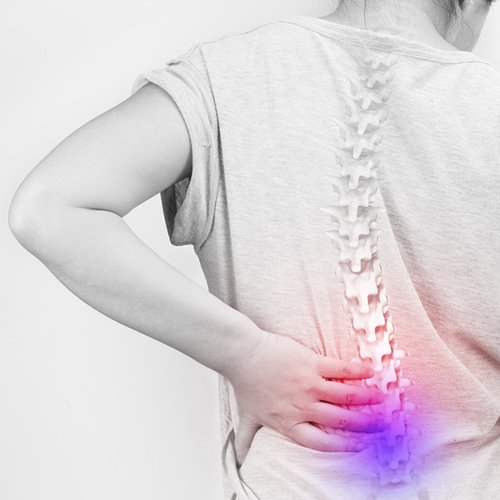
Rehab
We guide individuals on how to prevent first or recurrent back pain by suggesting lifestyle…
Meet Our Doctors
Patients’ Testimonials
Trustindex verifies that the original source of the review is Google. एक Doctor के रूप मे ईश्वर का वरदान हें dr. Bhojraj आपको spine से सम्बंधित किसी भी समस्या के लिये निश्चित ही bhojraj sir से सम्पर्क कर लेना चाहिए । मेरी सर्जरी भी मार्च 2010 में Lilawati hospital Mumbai में उन्हीं के द्वारा अत्यंत सफलतापूर्वक की गई थी, बहुत सरल,शांत व अपने कार्य को समर्पित व्यक्ति हें dr.Bhojraj sirTrustindex verifies that the original source of the review is Google. One of the finest surgeons in India.His patience, knowledge and demeanor stills confidence. He saved me from an imminent surgery advised by another doctor. Dr Bhojraj looks at a patient and assesses the situation instead of blindly relying on reports. He cured me naturally with extreme patience and care.Hats off to him.A great boon to medical worldTrustindex verifies that the original source of the review is Google. My best 💯 Doctor dr shekhar bhojraj Jai hind sir Aapka dannewaad aap ne mujhe naya Jivan diye thanks🙏🙏🙏🙏🙏Trustindex verifies that the original source of the review is Google. The BEST....Life saviour for us






